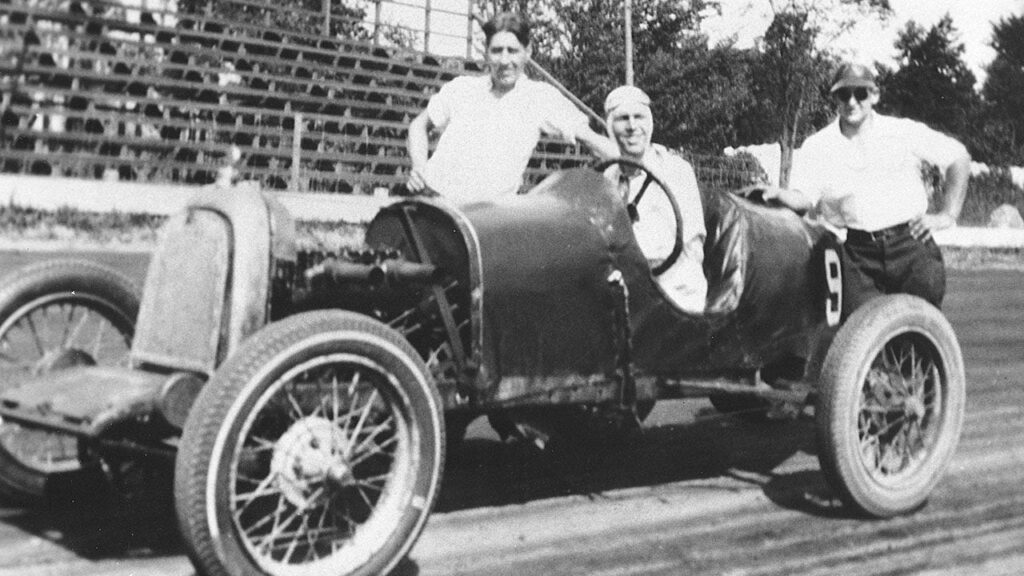Bill France Sr. was a man of vision, business acumen, and a love for speed. His legacy in the world of stock car racing is undeniable, as he founded NASCAR on Feb. 21, 1948, in Daytona Beach, Florida. Known as “Big Bill,” France is considered the godfather of stock car racing and his impact on the sport is still felt today. His story is a quintessential American success story, steeped in passion, innovation, and determination.
Stock car racing was a phenomenon that captured the hearts of Americans, largely due to France’s vision of pitting production-model cars against each other on the racetrack. The idea of testing which car was faster and more durable resonated with the American public and led to the growth of NASCAR as the premier stock car racing circuit in the world. France understood that Americans could relate to the vehicles on the racetrack, creating a unique connection between the sport and its fans.
Born on Sept. 26, 1909, in Washington, D.C., Bill France Sr. was raised in a family that valued hard work and perseverance. His foray into auto racing began in his teenage years, where he raced his Model T at a wooden track in Laurel, Maryland. France’s move to Daytona Beach, Florida, in 1934 marked the start of his journey towards transforming the city into the birthplace of NASCAR.
Daytona Beach, with its long history of speed enthusiasts dating back to the early 1900s, provided the perfect backdrop for France’s ambitions. The city’s legendary beach-street course saw its first race in 1936, with France finishing fifth as a driver and serving as the pre-race mechanic for the winning driver. France’s involvement in promoting racing in Daytona laid the foundation for what would later become the epicenter of stock car racing.
The post-World War II era saw a boom in sports entertainment across America, with new leagues and competitions emerging. France recognized the opportunity to add stock car racing to the national sports menu and convened a meeting in December 1947 to establish a new professional stock car racing circuit. Two months later, NASCAR was born, with France at its helm as the chief executive.
France’s crowning achievement came with the construction of Daytona International Speedway, the “World Center of Racing.” The 2.5-mile speedway opened in 1959 and featured groundbreaking 31-degree banking turns that allowed race cars to maintain high speeds. France’s vision for building large race tracks culminated in the creation of Talladega Superspeedway in Alabama, a 2.66-mile track that further solidified his legacy in the sport.
Throughout his career, France’s towering physical stature, mechanical knowledge, and fearless attitude behind the wheel commanded respect from drivers and fans alike. His commitment to building a premier racing circuit and his tireless efforts to promote and grow the sport of stock car racing have left an indelible mark on NASCAR.
Today, NASCAR stands as a testament to Bill France Sr.’s enduring legacy and his pioneering spirit. His passion for speed, business acumen, and love for auto racing continue to influence the sport and inspire generations of fans and drivers. France’s story is one of perseverance, innovation, and the relentless pursuit of excellence, making him a true American icon in the world of motorsports.











